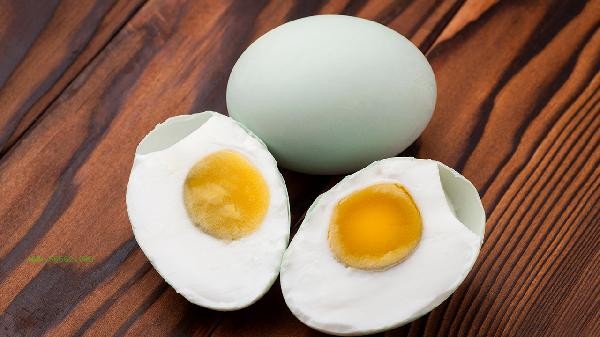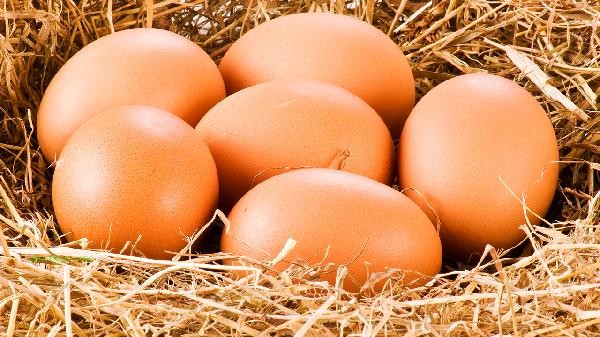The choice of muscle gain powder or whey protein for thin people depends on individual needs. Muscle gain powder is suitable for people with insufficient calorie intake, while whey protein is more suitable for precise protein supplementation.

Muscle building powder usually contains a high proportion of carbohydrates and an appropriate amount of protein, which can provide extra calorie support for thin people and help break through the calorie bottleneck to promote muscle synthesis. This type of product is suitable for people with insufficient daily dietary intake, thin body shape, and high basal metabolism, especially for those who can quickly replenish after training to optimize recovery effects. Attention should be paid to controlling total calories to avoid excessive fat accumulation, and it is recommended to use it in conjunction with strength training. Whey protein is mainly composed of high-quality protein, with a protein content higher than muscle gain powder, suitable for thin people with a balanced diet but requiring targeted protein supplementation. It has a fast absorption rate and high content of branched chain amino acids, which can efficiently promote muscle repair and growth. Whey protein isolate is more suitable for lactose intolerant individuals, while concentrated whey protein has a higher cost-effectiveness. Both have their own emphasis on muscle building effects, with muscle building powder focusing on overall calorie surplus and whey protein focusing on protein synthesis efficiency.

The carbohydrates in muscle building powder may cause insulin fluctuations and are not suitable for long-term heavy use by people with blood sugar problems or those who are prone to weight gain. The added sugar in some products may cause gastrointestinal discomfort, so it is necessary to choose a low sugar formula according to the ingredient list. Whey protein may cause a burden on individuals with renal insufficiency, and excessive intake may lead to indigestion. Although hydrolyzed whey protein is absorbed faster, the cost is higher and should be selected based on economic conditions. Both types of products require scientific training to be effective, and relying solely on supplements cannot achieve muscle building goals.

It is recommended that thin individuals first evaluate their daily diet for calorie and protein deficiencies. Muscle building powder is more suitable as a substitute for meals, while whey protein can be used as an immediate supplement after training. Regardless of the type of supplement chosen, it is important to ensure a daily total protein intake of 1.6-2.2 grams per kilogram of body weight, while also engaging in systematic strength training. Attention should be paid that supplements cannot replace natural foods. Nutrients should be obtained through meat, eggs, dairy products, soy products, etc. Supplements should only be used as an auxiliary means when the diet is insufficient. Regularly monitor changes in body composition and adjust the use of supplements based on muscle building effects.







Comments (0)
Leave a Comment
No comments yet
Be the first to share your thoughts!